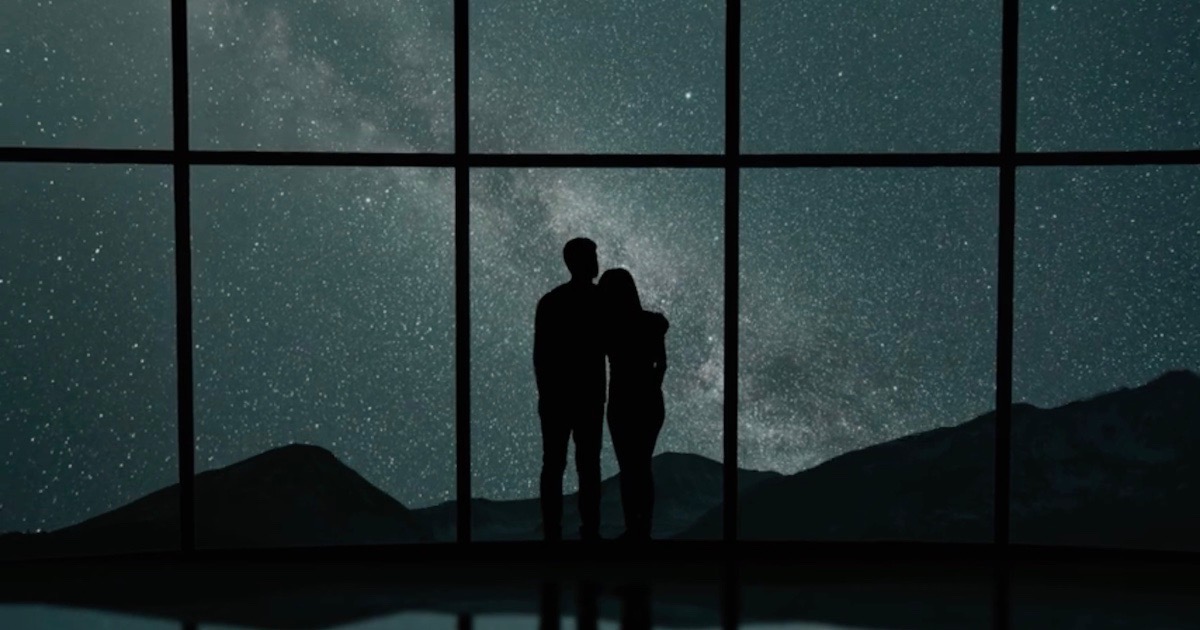 Faith & Science
Faith & Science
 Physics, Earth & Space
Physics, Earth & Space
Michael Keas and Unbelievable: Scientists and the Myths They Cherish


Asks historian of science Michael Keas: “Do scientists believe in myths?” They sure do, and they enjoy considerable success in fobbing them off on the rest of us.
As Professor Keas explains in his new book Unbelievable, in textbooks, popular media, and other venues the public is regularly led astray about the supposedly adversarial relationship of science versus faith. Nobody wants to be on the losing side of that purported battle: the myth merchants play on our (and their own) egos, the wish to appear smart and enlightened. Against this emotional manipulation, Keas detonates six specific myths about our world and the universe, and a seventh that’s used to fill the “significance void” — the painful gap in our own understanding of humanity’s place in the cosmos — left by the other six.
Keas writes about one myth today over at The Stream, the one that says, “A Big Universe is a Problem for Christianity.”
Self-appointed spokesmen for science often use the enormous size of the cosmos, with its billions of galaxies, as a club to beat up on Christianity. They say people in the Western tradition had to wait for modern science to grasp that the universe was huge, and had to shed historic Judeo-Christian views to do so.
True? No, it’s not. Expertly debunking such misconceived ideas is what makes Keas’s illuminating and sprightly written book so valuable. Unbelievable: 7 Myths About the History and Future of Science and Religion is out now!
